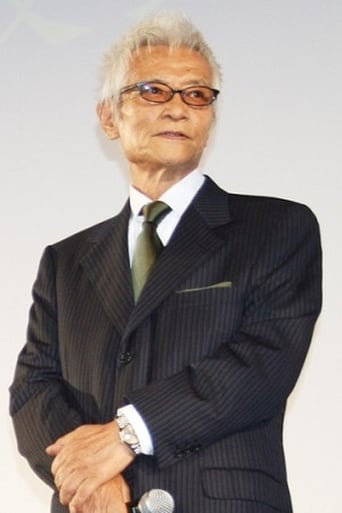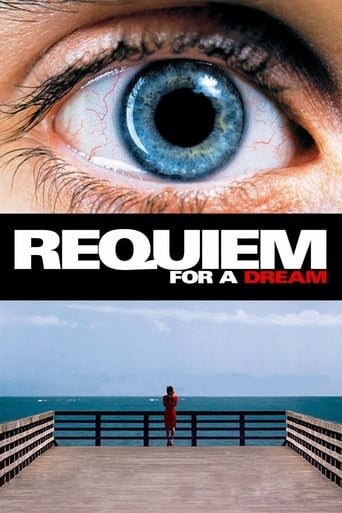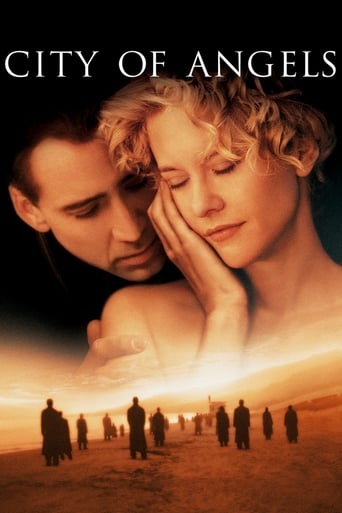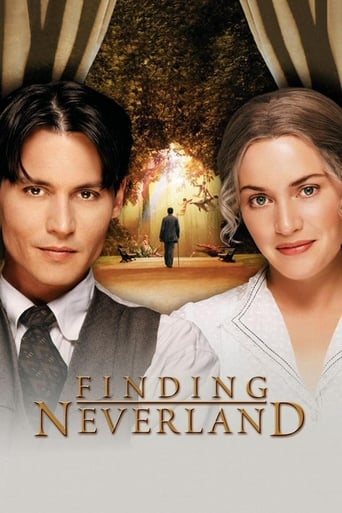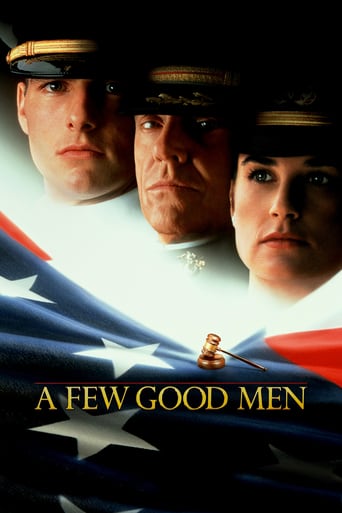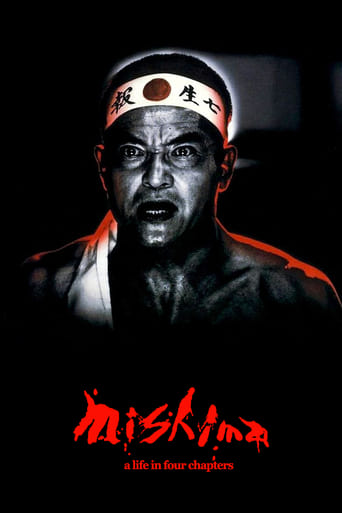
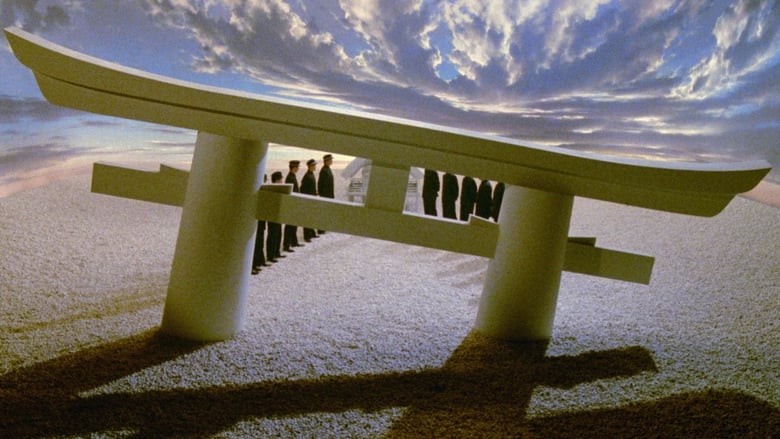
Mishima: A Life in Four Chapters (1985)
A fictional account of the life of Japanese author Yukio Mishima, combining dramatizations of three of his novels and a depiction of the events of November 25th, 1970.
Watch Trailer
Cast
Similar titles

Reviews
Truly Dreadful Film
Bad Acting and worse Bad Screenplay
A waste of 90 minutes of my life
The best films of this genre always show a path and provide a takeaway for being a better person.
A fictionalized account in four segments of the life of Japan's celebrated twentieth-century author Yukio Mishima. Three of the segments parallel events in Mishima's life with his novels.This is a great film. I confess I really never heard of Yukio Mishima, and probably never read a single thing he wrote. But here he is brought to life and tells a story larger than life itself. Is it completely historically accurate? You know, probably not. But the details are not so much important here as the art itself.What is perhaps most strange is who brought this tale to life: Paul Schrader. Brilliant, artistic, but not the first name you would expect when it comes to Japanese history and literature...
Overall, the DVD package is quite good, excepting Criterion's usual decision to go with white only subtitles for its black and white sections. And given Schrader's choice to use an English language voice-over in non-Japanese versions of the film (to avoid double subtitles in some shots), one wonders why the main body of action was not filmed in English, or at least dubbed? Schrader briefly tackles this in his audio commentary, and the main reason seems to have been financial.The same is not true for the actual film, which devolves into a stylized melodramatic mess that recalls much of Akira Kurosawa's late film, Dreams, as well as being filled with the most mind-numbing platitudes about art imaginable. Yet, equally bad is what is missing, above and beyond any portrait of Mishima's family life; such as his manifest Napoleon Complex. Mishima was only 5'1" tall and severely lacking in macho confidence, so much so that he insisted on only marrying a woman shorter than he was. Yet, any connection between these elements and those depicted is left for only the curious- and that likely will not be most people who watch this film. Thus, since the film fails on most artistic fronts, and does not generate any real further interest for its audience in its main subject matter, the very reason for the film is a puzzle, unless one feels Schrader is positing himself into a Mishima-like role. Not that it would matter, since Mishima: A Life In Four Chapters portrays its lead as a rather unsympathetic and idiotic character, albeit one with likely more talent than Schrader has.If only someone like an Ingmar Bergman, or even Michelangelo Antonioni, who started out as a documentarian, would have tackled this subject matter, the film would likely have been shorter, tighter, more purposive, and coherent, for if there was one thing that even his biggest critics could not hold against Mishima it was that he was driven and almost monomaniacal. Schrader is the opposite, desperately larding his film with almost everything that plays up his vision of the writer as madman and ignoring all that went into the artist as a man, something Schrader seems not to really get, which reaffirms my idea that his great screenplay for Taxi Driver was a fluke, that blindfolded, over the back toss of a dart that somehow hits the bull's-eye. Yet it was that lucky moment which doomed the rest of us to decades of profoundly dull and vapid films churned out on the strength of that one toss. Lucky Schrader. Unlucky us. As for Mishima? The real man's somewhere around, just as he must be in the film, right? Right?
I never heard of Mishima before I watched this film and although parts of it are a little tedious, I still find myself drawn to watch it when it is repeated on the box. At the beginning of the film, we are told about a celebrated Japanese writer behaves like a lunatic and commits seppuku in public. As the film progresses you are gently inducted into twisted logic of Mishima's mind. The stages of his life are are presented in four chapters. Each chapter itself is a blend of two contrasting narratives, the first continues the story with scenes from Mishima's life and appear in black and white. The second narrative is an adaptation of scenes from a novel and these are staged like a play and filmed in vivid colours. There is a different novel staged in each chapter. Between each chapter, the narrative returns to the present, as Mishima proceeds towards his eventual ritual suicide. This means that the drama and tension is maintained until the end. I suspect that many people will find this film to be boring pretentious and art-house. I respect that, this is not a film for people who want action and a strong story line. If on the other hand you are the kind of person who relishes the opportunity to penetrate the mind a bizarre man while watching his life story told in collage of beautiful pictures set to music by Philip Glass, you will love it. I loved it.
A story told in four chapters and in three levels. Flashbacks of Yukio Mishima's life, dramatizations of his written works, and the events of his final day of life.If Mishima was a fictional character, I doubt if anyone would believe or accept such a creation. But he was a real, flesh and blood, human being, which makes the film all the more incredible. Granted that some of the facts have been dramatized or "enhanced" for the screen, but the story is quite factual.A man of many contrasts: A devoted family man who kept a gay lover. A writer who saw his words being "not enough". A patriotic man at home in the present who yearned for a return to Imperial Japan's past glory. A man who struggled to unite movement with action, and saw everything he strove for fall apart at the most critical moment.The film is lovingly made, magnificently acted, painstakingly edited and the musical soundtrack by Philip Glass will stay with you for days. The film's tight budget doesn't show at all.Now available on DVD, this film is a worthy addition to the collections of true cinemaphiles.My rating: 10/10
